Pro-Iran protesters storm office linked to Saudi TV in Iraq
Pro-Iran groups in Iraq attack MBC offices over broadcast linking them to terrorism, prompting media suspension.
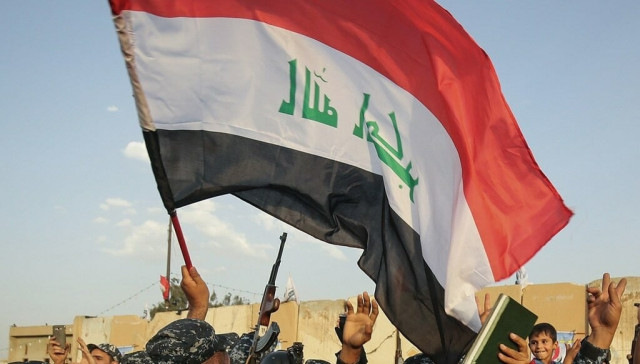
Supporters of pro-Iran armed groups in Iraq, angered over "terrorist" references, ransacked offices affiliated with a Saudi TV channel in Baghdad on Saturday, two security sources said.
Iraq's media regulator said it would suspend the channel over the broadcast, which aired with regional tensions soaring between pro-Iran groups and Israel, which is at war with both Hamas in Gaza and Hezbollah in Lebanon.
After midnight, between 400 and 500 people attacked the studios of a Baghdad production company that works for the Saudi broadcaster MBC.
"They wrecked the electronic equipment, the computers, and set fire to a part of the building," an interior ministry source told AFP on condition of anonymity.
He said the fire had been extinguished and the crowd dispersed by police. "Security forces are still deployed near the building," he added. There were no immediate reports of arrests.
"The demonstrators arrived at the offices before reinforcements of riot police were sent in," a police source told AFP, also speaking on condition of anonymity.
The second source confirmed that the offices had been "set on fire" and "badly ransacked".
Iraq's official Communications and Media Commission accused the MBC channel of "attacks" against "resistance leaders".
The media regulator said in a statement that it was "taking all necessary legal measures" against MBC and "suspending" the channel's activities in Iraq.
The regulator also directed its executive body to "cancel the operating licence" granted to the channel, it added.
Excerpts from an MBC programme had spread on Iraqi social media, sparking angry reactions from the pro-Iran camp.
The report had focused on "terrorism" in the region, and mentioned several groups and notable figures including Osama bin Laden, the slain leader of Al-Qaeda.
It included groups belonging to the Axis of Resistance backed by Iran, which counts Hamas, Hezbollah and armed Iraqi factions among its members.
Named in the report were former Hezbollah leader Hassan Nasrallah, who was killed by Israel in Beirut last month, and Hamas political leader Ismail Haniyeh, killed in Tehran in July.
It also referred to Haniyeh's successor, Hamas chief Yahya Sinwar -- who masterminded the October 7 attack on Israel and was killed by Israeli forces in Gaza on Wednesday -- as the "new face of terrorism".
The report came at a time when Iran-backed groups -- most notably Hamas and Hezbollah, but also their allies in Yemen, Iraq and Syria -- have been at war with Israel for more than a year.

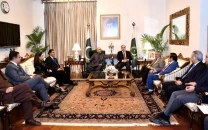
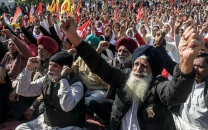
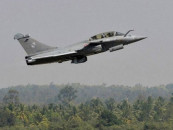
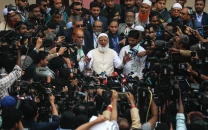

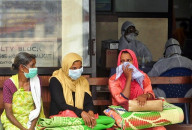












COMMENTS
Comments are moderated and generally will be posted if they are on-topic and not abusive.
For more information, please see our Comments FAQ